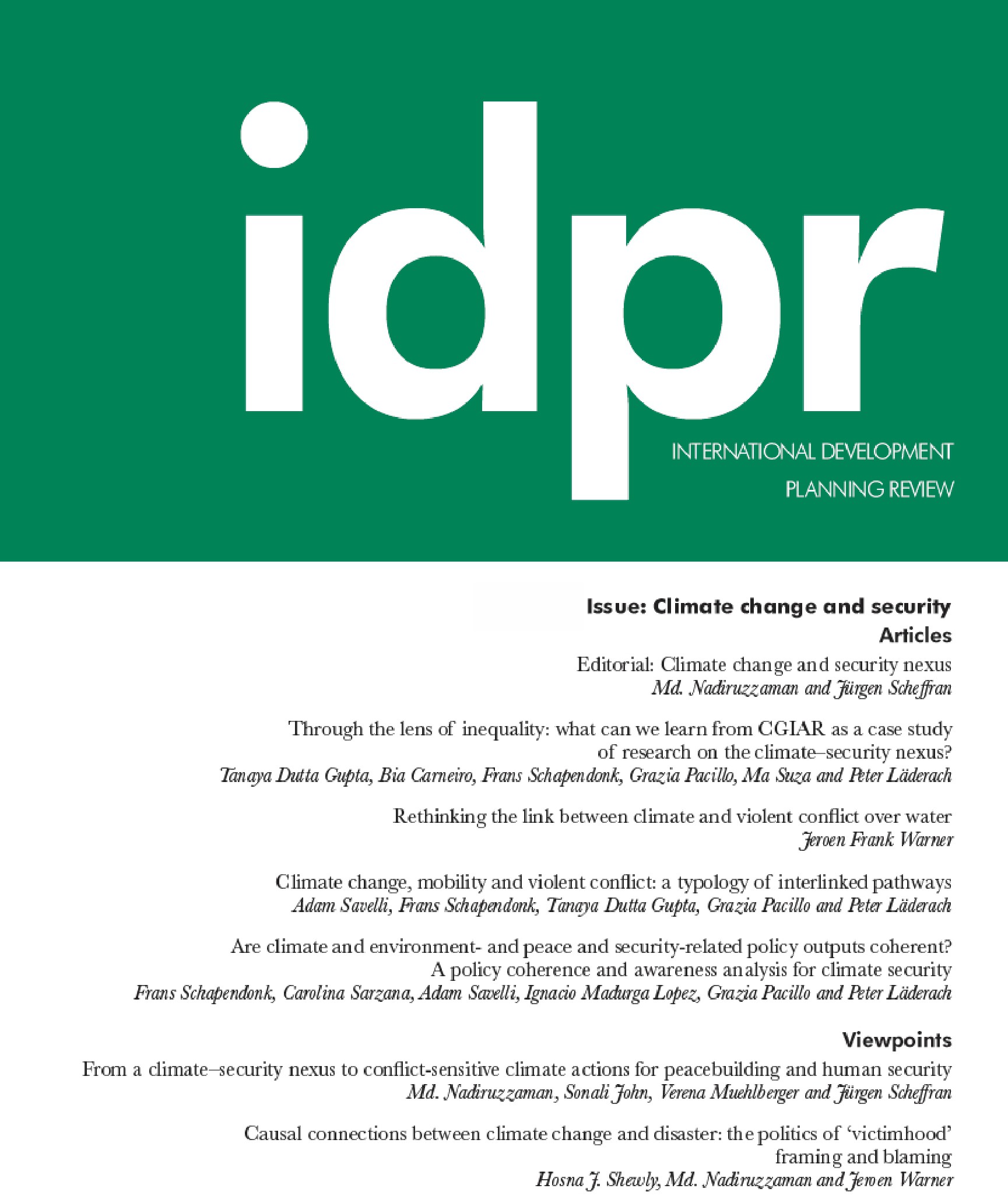THE ROLE OF FAMILY PRACTICE IN DIFFERENT HEALTH CARE SYSTEMS
Abstract
Family practice is a vital specialty that addresses the holistic health needs of individuals and families, incorporating physical, psychological, and social aspects. As a cornerstone of primary healthcare, it emphasizes preventive care, early disease detection, and health promotion, while fostering long-term patient relationships that enhance overall health outcomes. Family physicians possess extensive medical knowledge and skills, enabling them to manage complex health issues across various life stages and settings. Their broad scope of practice, covering both acute and chronic conditions, makes them essential in diverse healthcare environments, whether well-resourced or resource limited. Globally, the integration of family practice into healthcare systems differs, with countries like the Netherlands and the UK benefiting from its central role in efficient, cost-effective care. In contrast, fragmented systems such as in the U.S. face challenges in fully integrating family practice. Training programs for family physicians are adapted to local needs to ensure competence. This review examines the critical role of family practice, its impact on healthcare systems, and potential strategies for improving its effectiveness in global health outcomes.






